Disclosure: This article contains affiliate links. We may earn a commission from purchases at no extra cost to you, which helps our travel content.
The first light of dawn breaks over Auki's harbor as fishing boats drift out into the Solomon Sea, their silhouettes like musical notes against the gradient sky. This isn't the polished, Instagram-filtered Pacific you see in travel brochures. Auki, the provincial capital of Malaita in the Solomon Islands, exists in that liminal space between documented destination and genuine discovery. I found myself here almost by accident – a detour from Honiara when a local cashier at my hostel (a kindred spirit in the retail trenches) mentioned this outpost town where tourism hasn't yet scripted the experience. As someone who's spent years finding poetry in Toronto's overlooked corners between cashiering shifts, Auki called to me like a verse waiting to be interpreted. What followed was a week of raw encounters, challenging moments, and the kind of authentic beauty that doesn't translate to social media metrics but changes something fundamental in your perspective.
Arriving in Auki: A Symphony of Sensory Overload
The journey to Auki itself sets the tone for what awaits. After a bumpy flight from Honiara to Gwaunaru'u Airport (more an airstrip carved from the jungle than anything resembling Toronto Pearson), I boarded a rattling minivan taxi where personal space became theoretical physics. The road unspooled like stream-of-consciousness prose – unpaved, potholed, and periodically washed away by tropical downpours.
When we finally reached Auki's main street, the sensory download was immediate: the heavy perfume of tropical blooms competing with diesel fumes, the kaleidoscopic displays of produce at the market, the chorus of languages (primarily Kwara'ae and pidgin English) creating a linguistic tapestry I could barely unravel. The town itself felt like a living collage – concrete buildings with peeling paint neighboring traditional leaf houses, all backed by mountains that rise dramatically from the sea.
I checked into the Auki Motel – modest but clean accommodations that felt like luxury after the journey. The proprietor, Agnes, greeted me with a warmth that would become characteristic of my entire stay. When I asked about internet connectivity to post some initial impressions, she laughed gently. 'Sometimes it works. Mostly it doesn't. Maybe that's good for you?' She was right, of course. My travel journal would become my primary documentation tool here, forcing a slowness and reflection that no digital platform could replicate.
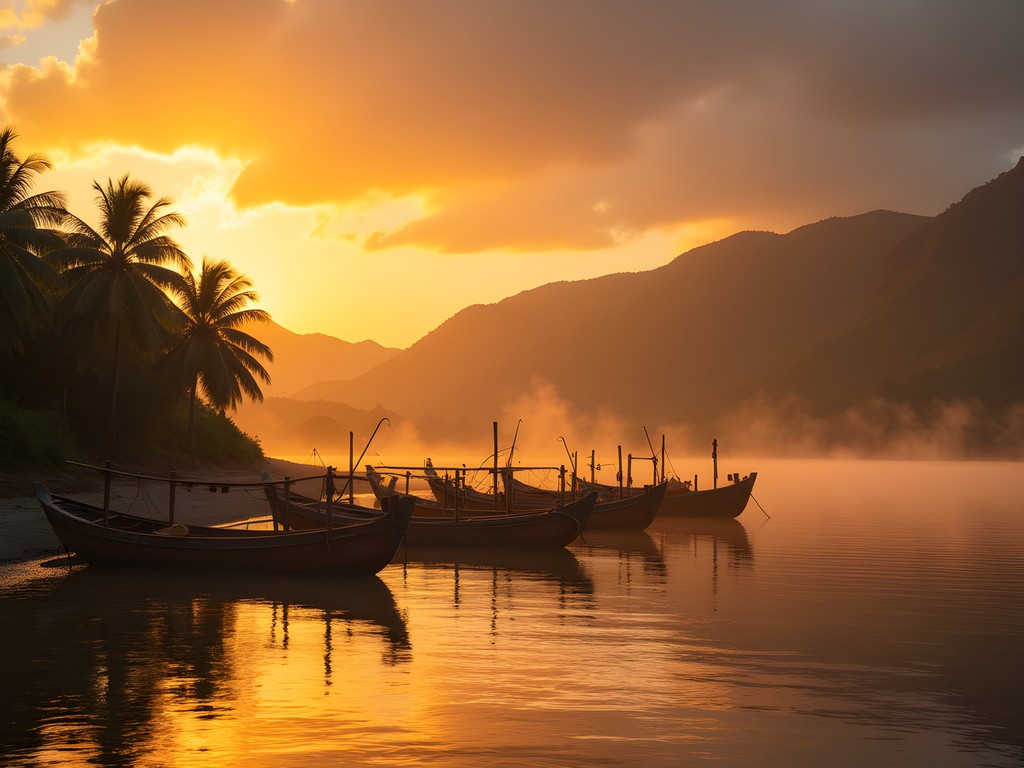
💡 Pro Tips
- Bring enough cash in Solomon Islands Dollars as ATMs are unreliable in Auki
- Download maps offline before arriving as internet connectivity is spotty at best
- Learn a few basic phrases in pidgin English to connect with locals more easily
Navigating the Auki Market: Urban Exploration in Microcosm
If cities have hearts, Auki's beats most vigorously at its central market. Unlike the polished farmers markets of Toronto or the tourist-oriented markets I've encountered in Bangkok, Auki's marketplace operates with beautiful, chaotic efficiency that follows rhythms established generations ago. I spent entire mornings here, my camera deliberately holstered, simply absorbing the choreography of commerce.
The market operates as Auki's true social hub. Vendors – predominantly women from surrounding villages – arrange their goods on woven mats or simple wooden tables. The produce defies Western categorization: giant avocados with flesh like butter, peculiar root vegetables I'd never encountered, and seafood so fresh it seemed to glisten with sea spray. One morning, an elderly woman noticed my fascination with a particular green fruit and simply handed it to me, demonstrating how to eat it by making peeling motions. No transaction, just human connection.
I found myself returning daily, gradually becoming a familiar face. My standard uniform – lightweight travel pants and breathable shirts – helped me manage the tropical humidity while blending in as much as possible. By day three, I had established a routine: coffee from a vendor who brewed it strong and sweet over a small charcoal stove, followed by fresh papaya from a woman who now saved the ripest pieces for 'the curious stranger,' as she called me with a smile.
The market taught me Auki's economic reality – this is a subsistence economy where cash is still secondary to trade in many interactions. It also revealed the town's relationship with time: unhurried, present-focused, and refreshingly disconnected from the digital urgency that shapes Western urban spaces.
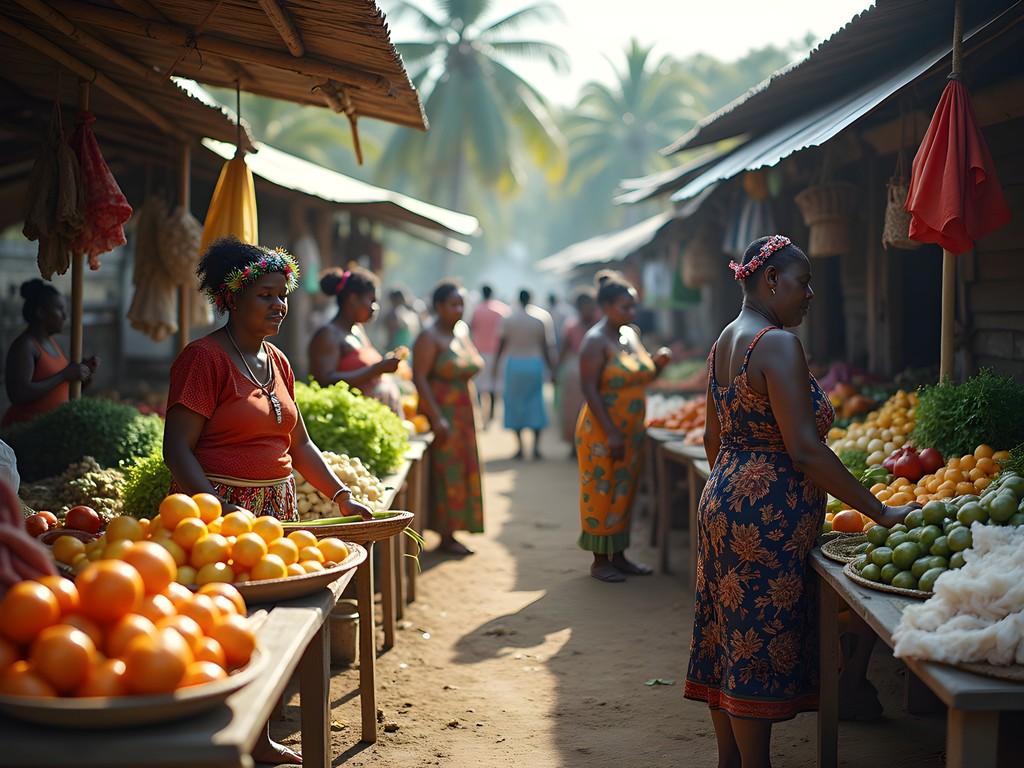
💡 Pro Tips
- Visit the market early (around 6am) to see it at its most authentic and bustling
- Bring small denominations for purchases as vendors rarely have change
- Ask permission before photographing people - a smile and gesture toward your camera is usually sufficient
Beyond the Town: Langa Langa Lagoon's Water Villages
The true revelation of Auki came when I ventured beyond its modest grid of streets to the surrounding water villages of Langa Langa Lagoon. These communities, built entirely over water on artificial islands created from coral stones centuries ago, represent a way of life that has remained largely unchanged despite the encroachment of modernity.
Reaching these villages requires negotiating with local boat owners at the harbor. After several conversations and with Agnes's help from the motel, I connected with Timo, a fisherman willing to serve as both transportation and impromptu guide. His weathered wooden boat – powered by an outboard motor that seemed held together by faith and mechanical ingenuity – became my passage to a world that exists parallel to, yet separate from, Auki proper.
The approach to the artificial islands is surreal – clusters of thatched houses rising directly from the turquoise lagoon, connected by narrow walkways and surrounded by canoes. Children dove from platforms, their bodies describing perfect arcs into the water, while women worked on handicrafts in the shade of communal structures.
On Leli Island, I was introduced to the community's shell money craftswomen. These women create the traditional currency still used for important cultural transactions throughout Malaita. Using simple tools – many generations old – they transform tiny shells into intricately patterned strands of currency. I spent hours watching their hands work with practiced precision, the rhythm of their craft reminiscent of the meditative quality I find in pre-dawn urban walks through Toronto's quietest neighborhoods.
My waterproof backpack proved essential here, protecting my journal and camera equipment from the omnipresent moisture of lagoon life. When afternoon rains came – sudden and drenching – I huddled under a community shelter with several families, sharing slices of papaya and attempting to learn phrases in their language while children giggled at my pronunciation.
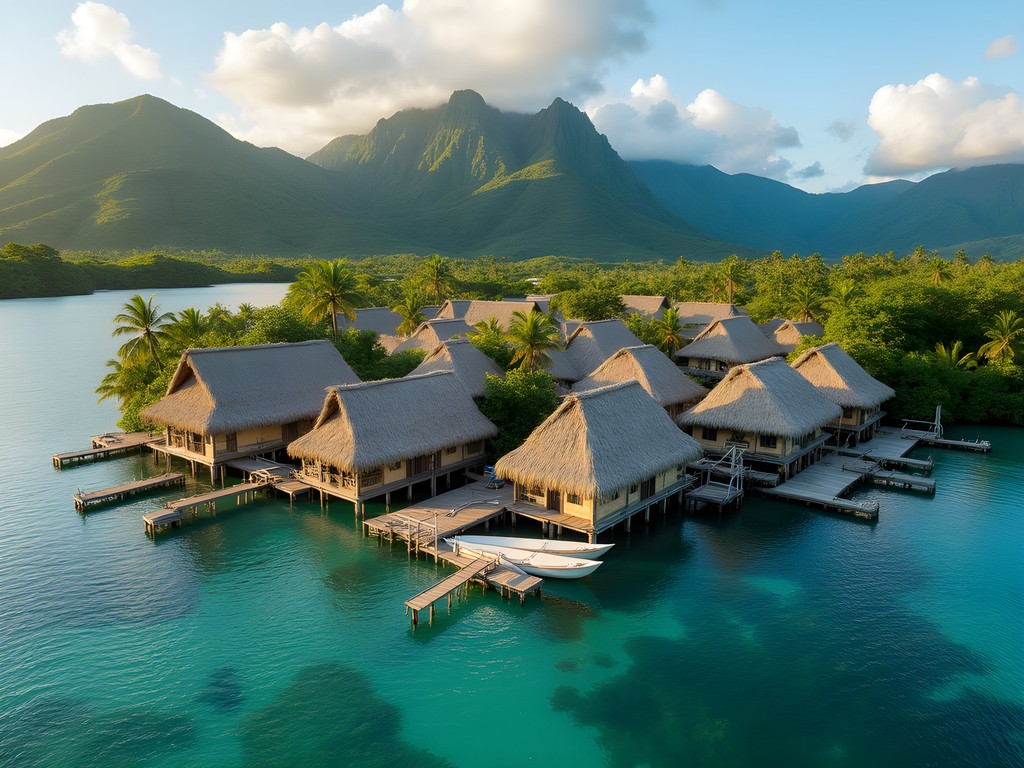
💡 Pro Tips
- Arrange boat transportation through your accommodation for better rates and reliability
- Bring small gifts like school supplies for children if visiting the water villages
- Respect photography boundaries - some ceremonial aspects of village life are considered private
The Rhythm of Auki Nights: Finding Community in Darkness
Working night shifts as a cashier in Toronto taught me to appreciate the particular character cities reveal after dark. Auki, with its minimal street lighting and early business closures, initially seemed to shut down completely after sunset. But as with any urban space, I discovered the town's nocturnal pulse by simply being present and patient.
With electricity unreliable at best, Auki embraces darkness in a way Western cities have forgotten. The night sky here – unpolluted by artificial light – unfolds with staggering clarity. One evening, I joined a group of local teachers who gather regularly on the harbor wall, bringing my headlamp which quickly became a shared resource as we traced constellations unfamiliar to my Northern Hemisphere eyes.
Kava bars – simple establishments serving the traditional Pacific drink made from kava root – become Auki's nighttime social hubs. Unlike Western bars focused on alcohol and volume, these spaces cultivate conversation and connection. At Seni's Kava Bar, a concrete structure illuminated by solar-powered string lights, I was welcomed into discussions ranging from local politics to English Premier League football, the slightly narcotic kava creating a gentle, contemplative atmosphere.
The most profound nighttime experience came through music. Following distant drumming one evening led me to a church hall where a community group practiced traditional songs. When they noticed me listening from the doorway, an elderly man motioned me inside. For hours, I sat mesmerized as multiple generations performed polyphonic harmonies that seemed to physically reshape the air in the room. No recordings, no social media documentation – just the ephemeral beauty of cultural expression that exists in the moment.
These nights revealed Auki's true character: a community where genuine human connection hasn't been displaced by digital alternatives, where conversation and shared experience still constitute the primary currency of social exchange. As someone who often finds poetry in urban isolation, I was humbled by the inclusive warmth of Auki after dark.
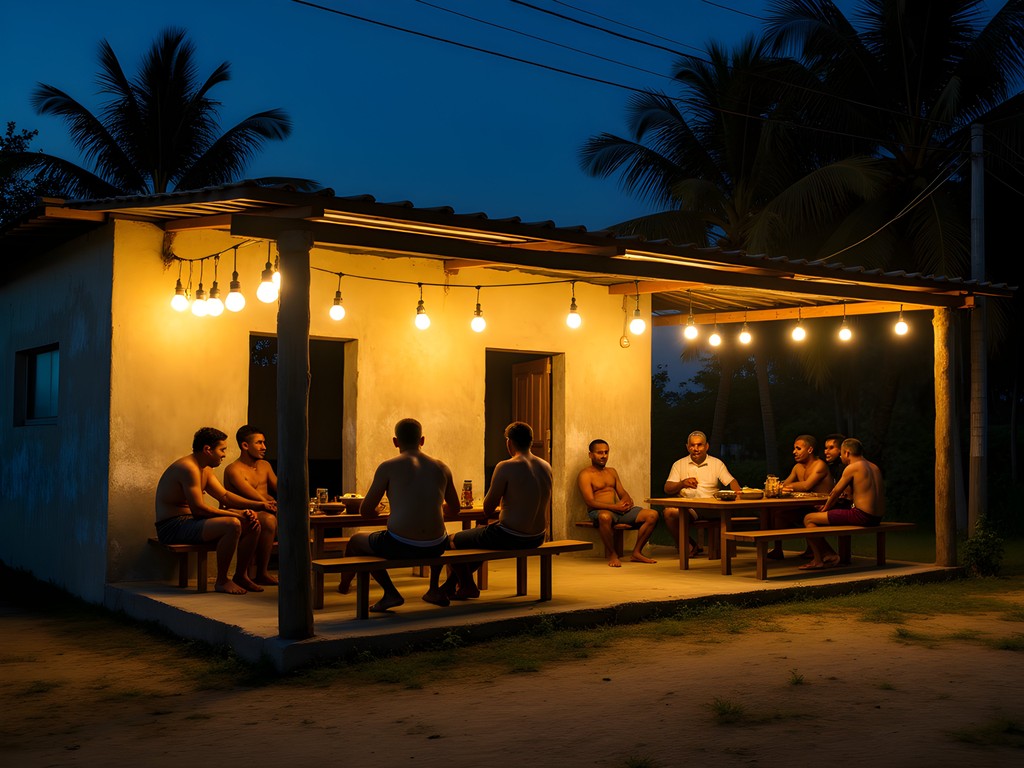
💡 Pro Tips
- Carry a quality headlamp or flashlight as street lighting is minimal or non-existent
- Accept kava when offered, but drink slowly as its effects can be surprising to newcomers
- Ask permission before joining community gatherings, but don't be surprised by enthusiastic invitations
Cultural Immersion: The Kastom Museum and Beyond
My urban exploration philosophy has always centered on understanding how history shapes present spaces. In Auki, this meant dedicating time to the modest but profound Kwaio Cultural Museum, often referred to locally as the Kastom Museum. Housed in a simple concrete building near the market, this community-run institution preserves artifacts and stories from Malaita's complex cultural history.
Unlike the climate-controlled, carefully curated museums I've visited across North America and Europe, the Kastom Museum operates on island time and relational trust. My first attempt to visit found locked doors and no posted hours. Only after asking around did I learn the museum opens when its caretaker, David, isn't occupied with community responsibilities or fishing.
When I finally connected with David – a man whose knowledge of Malaitan history rivals any academic I've encountered – the experience transcended typical museum visits. Rather than labeled exhibits behind glass, objects from traditional weapons to ceremonial masks were presented through story and context. David didn't just explain items; he animated them through personal and communal narratives, occasionally breaking into song or demonstration.
The museum became a gateway to deeper cultural understanding. Through David, I received an invitation to a community feast celebrating a successful yam harvest in a village about an hour's walk from Auki. This event – which would never appear in guidebooks or travel itineraries – became the emotional centerpiece of my time in the Solomon Islands.
The feast unfolded over many hours, with elaborate preparations of traditional foods in earth ovens, speeches in multiple languages, and performances that blended pre-Christian traditions with contemporary Christian elements. I was positioned with honored guests despite my outsider status, served portions that could have fed three people, and gradually included in the celebratory atmosphere as initial curiosity about my presence evolved into genuine welcome.
My compact camera remained mostly in my pocket, used sparingly and only after establishing comfort with those around me. Some experiences deserve to live primarily in memory rather than digital storage – a lesson Auki consistently reinforced.
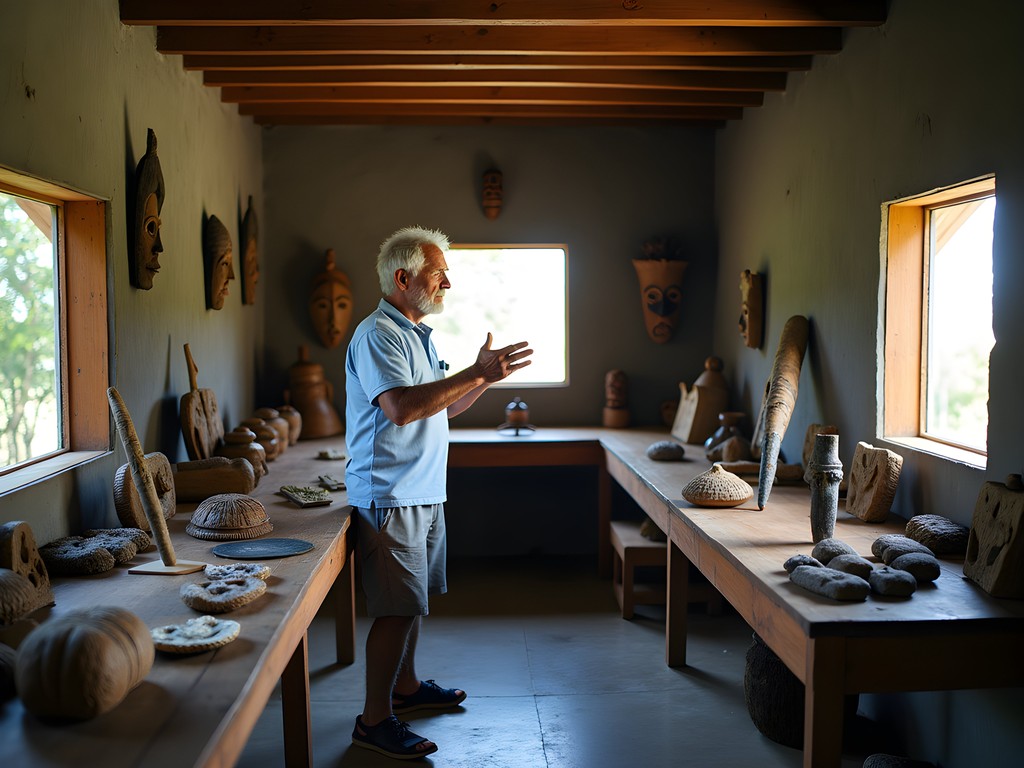
💡 Pro Tips
- Visit the museum multiple times if necessary as opening hours are inconsistent
- Ask permission before handling any cultural artifacts, even when invited to examine them
- If invited to community events, bring betel nuts as a small gift (available at the market) to show appreciation
Final Thoughts
As my final Auki sunrise breaks over the harbor – that same gradient sky now familiar rather than foreign – I find myself reluctant to leave this place that exists so completely in its own reality. The Solomon Islands may not feature prominently in travel magazines or social media feeds, but perhaps that's precisely what preserves Auki's raw authenticity. This isn't a destination that can be consumed through curated experiences or packaged tours. It demands presence, patience, and willingness to abandon expectations.
For the urban explorer accustomed to navigating concrete jungles, Auki offers a profound recalibration of what constitutes meaningful discovery. Here, the exploration isn't of abandoned buildings or hidden architectural gems, but of human connections that form without digital intermediaries and natural rhythms that resist modern acceleration. I came seeking the overlooked corners of a remote Pacific outpost but found instead a masterclass in community and presence – lessons I'll carry back to my early morning Toronto walks and late-night cashier shifts. Some places you visit; others fundamentally change how you see. Auki, in all its unpolished beauty, belongs firmly in the latter category.
✨ Key Takeaways
- Urban exploration in remote locations requires abandoning expectations and embracing discomfort
- Authentic connections happen when technology takes a backseat to genuine human interaction
- The most meaningful travel experiences often come from places that resist easy documentation or social media sharing
📋 Practical Information
Best Time to Visit
May to November (dry season)
Budget Estimate
$50-75 USD per day
Recommended Duration
5-7 days
Difficulty Level
Challenging
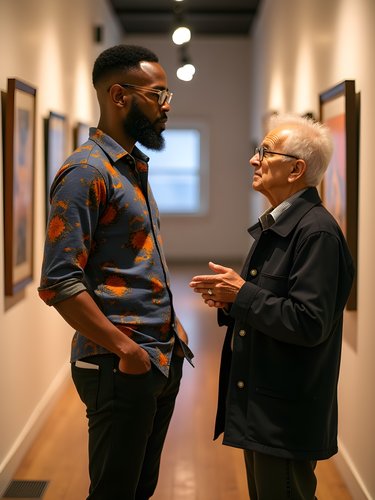
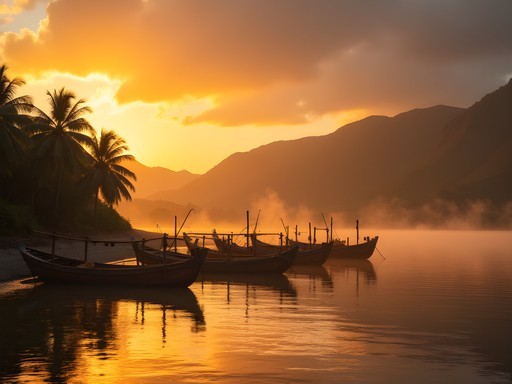
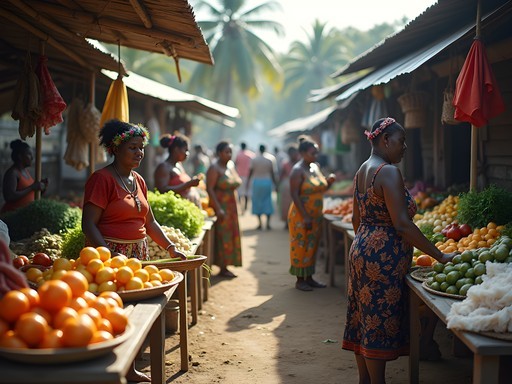
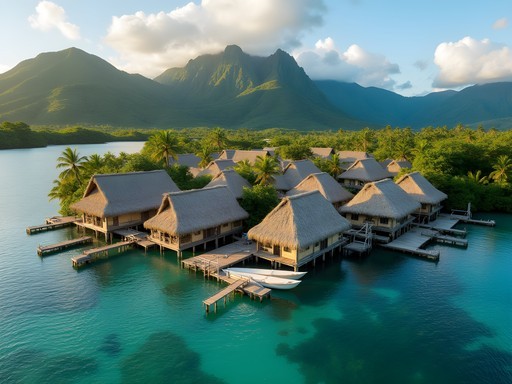
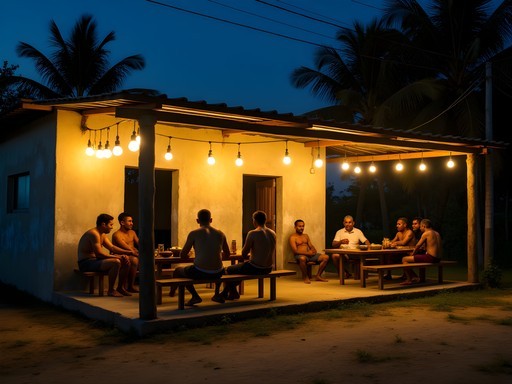
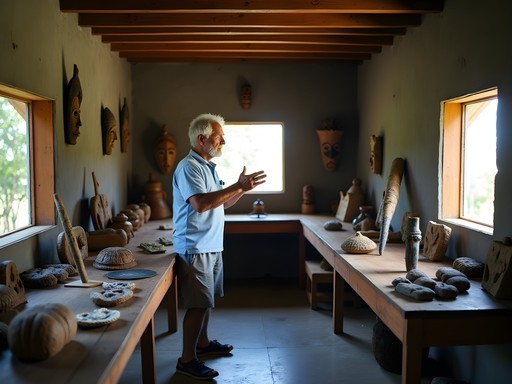


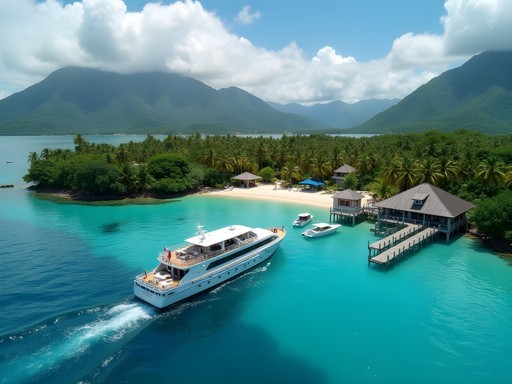
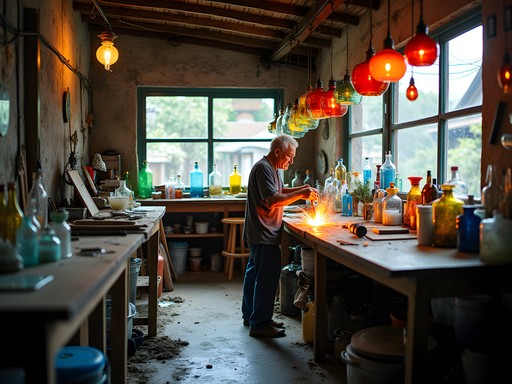
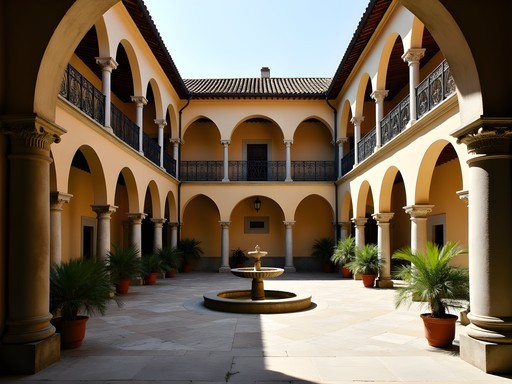
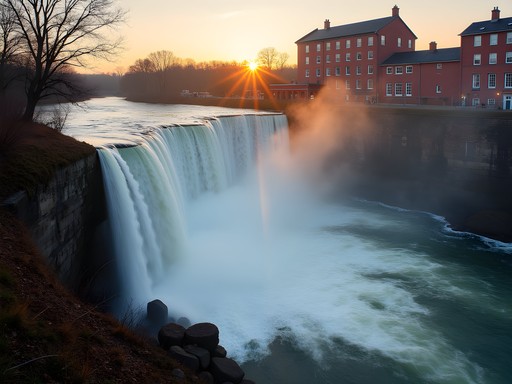
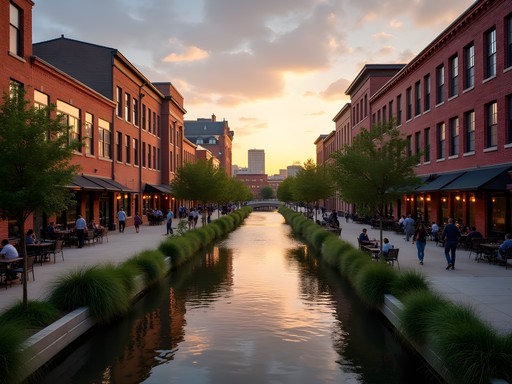
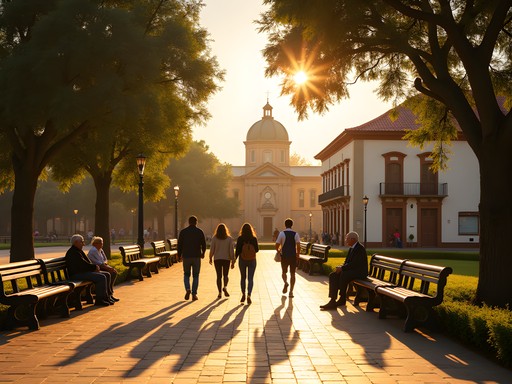

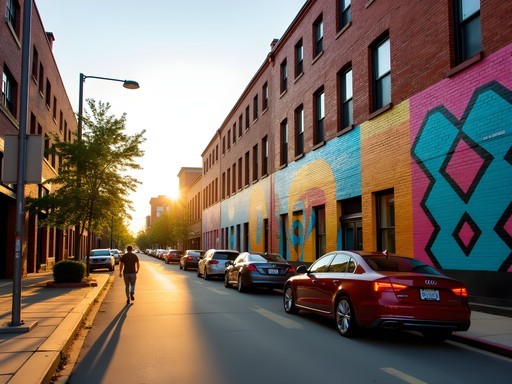
Comments
Fatima Sims
This is the kind of travel writing we need more of – raw and real. I've been focusing too much on the usual Pacific destinations and your post is pushing me to finally book that Solomon Islands trip I've been putting off. That line about the fishing boats like musical notes... perfect. Question: how challenging was the language barrier? My Pijin is non-existent and I usually travel solo. Also, any issues with internet connectivity? I need to stay somewhat connected for work unfortunately.
Aaron Jackson
Most people speak some English alongside Pijin, so you'll be fine! Internet is slow but the main hotels have wifi. Just don't expect to upload videos easily.
freeking
The market is best early morning like 6am. By noon it gets really hot and a lot of vendors pack up. Also bargaining is expected but keep it friendly. We got some beautiful shell necklaces for like $5 each. The Langa Langa lagoon tour was definitely the highlight though - totally worth the cost.
smartzone
Going there in April! Where did you stay? Having trouble finding accommodation info online
Aaron Jackson
I stayed at Auki Motel - basic but clean. Book directly by phone if you can, their online presence is minimal. DM me if you need the number!
freeking
We stayed at the same place last year. Bring cash - ATMs can be unreliable. Also the restaurant next door does amazing fish curry.
oceanlover
Love the harbor photos!
Frank Carter
Aaron, this brought back so many memories! I spent three days in Auki back in 2019 and that market scene you described is burned into my brain. The sensory overload is real – the betel nut vendors, the fish laid out on banana leaves, kids running between the stalls. I remember sitting with an elderly woman who was weaving baskets and she told me stories about her grandmother's time during WWII. Those unscripted moments are what travel is really about. Did you make it out to Laulasi island in the lagoon? The artificial islands there are incredible.
Aaron Jackson
Yes! Laulasi was unforgettable. The guide explained how they've been adding coral and shells for generations. Such incredible engineering.
greenfan
Wow this looks amazing!! Never even heard of Auki before
Aaron Jackson
That's exactly why I wanted to write about it! So many people skip right over the Solomons.
first_time_backpacker
Going there next month! Any tips on what to pack? Is it easy to get basics there if I forget something?
Casey Andersson
Not Aaron, but I'd recommend bringing any specific toiletries/medications you need, as options are limited. Cash is king (ATMs can be unreliable). A good headlamp is essential for the frequent power outages. Most importantly, bring your sense of adventure and patience - island time is real!
first_time_backpacker
Thanks so much! Headlamp is something I wouldn't have thought of.
pacific_traveler
I visited Auki back in 2019 and it's nice to see it getting some attention! The market was definitely a highlight for me too. Did you try the fresh coconut crab? It's a local delicacy but getting increasingly rare. The locals I stayed with taught me how to husk coconuts which became my party trick back home lol. One thing I'd add about Auki - the cell service is spotty at best, so download offline maps before going. My partner and I got completely lost trying to find a waterfall outside town and ended up having an amazing impromptu lunch with a family who found us looking confused on a dirt road.
Aaron Jackson
Great point about offline maps! And yes, I did try the coconut crab - absolutely delicious but I was aware of the sustainability concerns. Those chance encounters with locals are often the best memories, aren't they?
photoseeker
Those sunrise shots over the harbor are stunning! What camera setup did you use for low light? I'm planning a similar trip and struggling with dawn/dusk photography.
Aaron Jackson
Thanks! I used my Sony A7III with the 24-70mm f/2.8 lens for most of those harbor shots. The key was using a small travel tripod for the dawn photos - I used the compact tripod which was perfect for those early mornings without weighing down my backpack too much during the day.
photoseeker
Perfect, thanks for the details! Looking into that tripod now. Did you feel safe carrying camera gear around Auki?
Aaron Jackson
I did feel safe, but I was always discreet. Used a non-camera bag, kept gear hidden when not shooting, and made friends with locals who often showed me the best spots and kept an eye out. Common sense goes a long way there!
Marco Suzuki
Aaron, your description of Auki's market is spot on! I visited the Solomon Islands last year (though only made it to Honiara and Gizo) and the sensory experience is truly something you can't capture in photos. The way you've written about the 'symphony of sensory overload' perfectly encapsulates what these Melanesian markets feel like. For anyone considering a trip: the inter-island transportation can be challenging but rewarding. I found that bringing a good waterproof bag was essential as the boat journeys can get quite wet. Also worth noting that accommodation options are limited, so booking ahead is crucial if you're not comfortable with very basic facilities. The cultural richness makes every inconvenience worthwhile though!
photoseeker
Marco, how was the safety situation when you were there? I'm a solo female traveler and wondering if Auki would be manageable on my own?
Marco Suzuki
I found the Solomon Islands generally safe, but Auki is very remote. Basic precautions apply - don't flash valuables, respect local customs, and maybe arrange accommodation in advance. The locals were incredibly friendly in my experience, but having a guide for certain areas would be wise.
Venture X
Premium card with 2X miles, $300 travel credit, Priority Pass